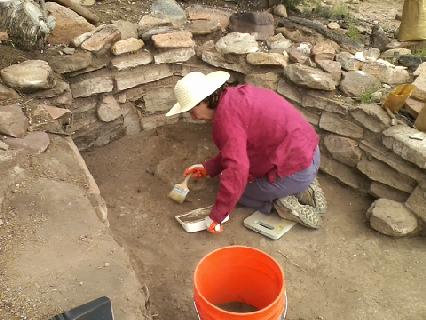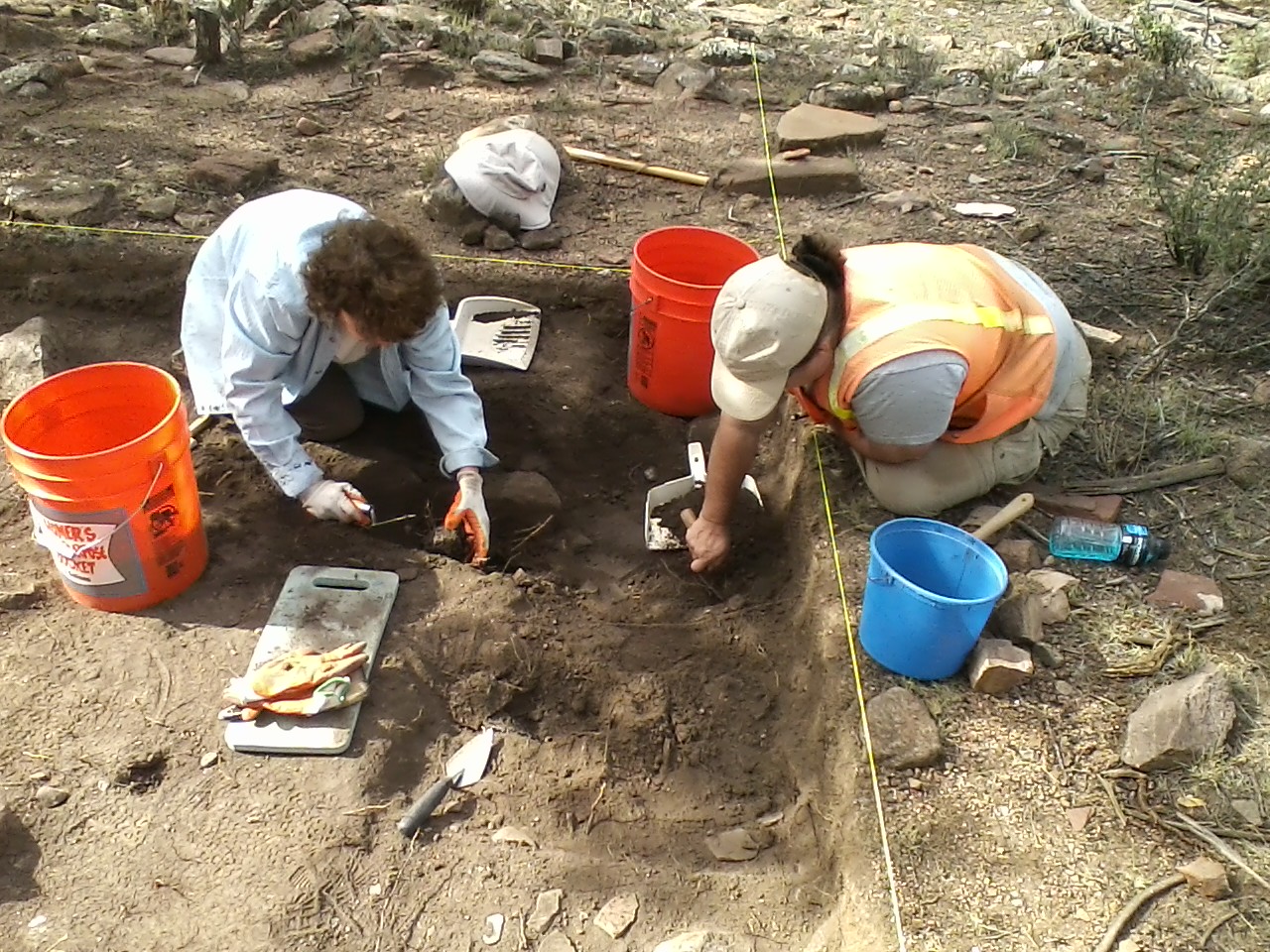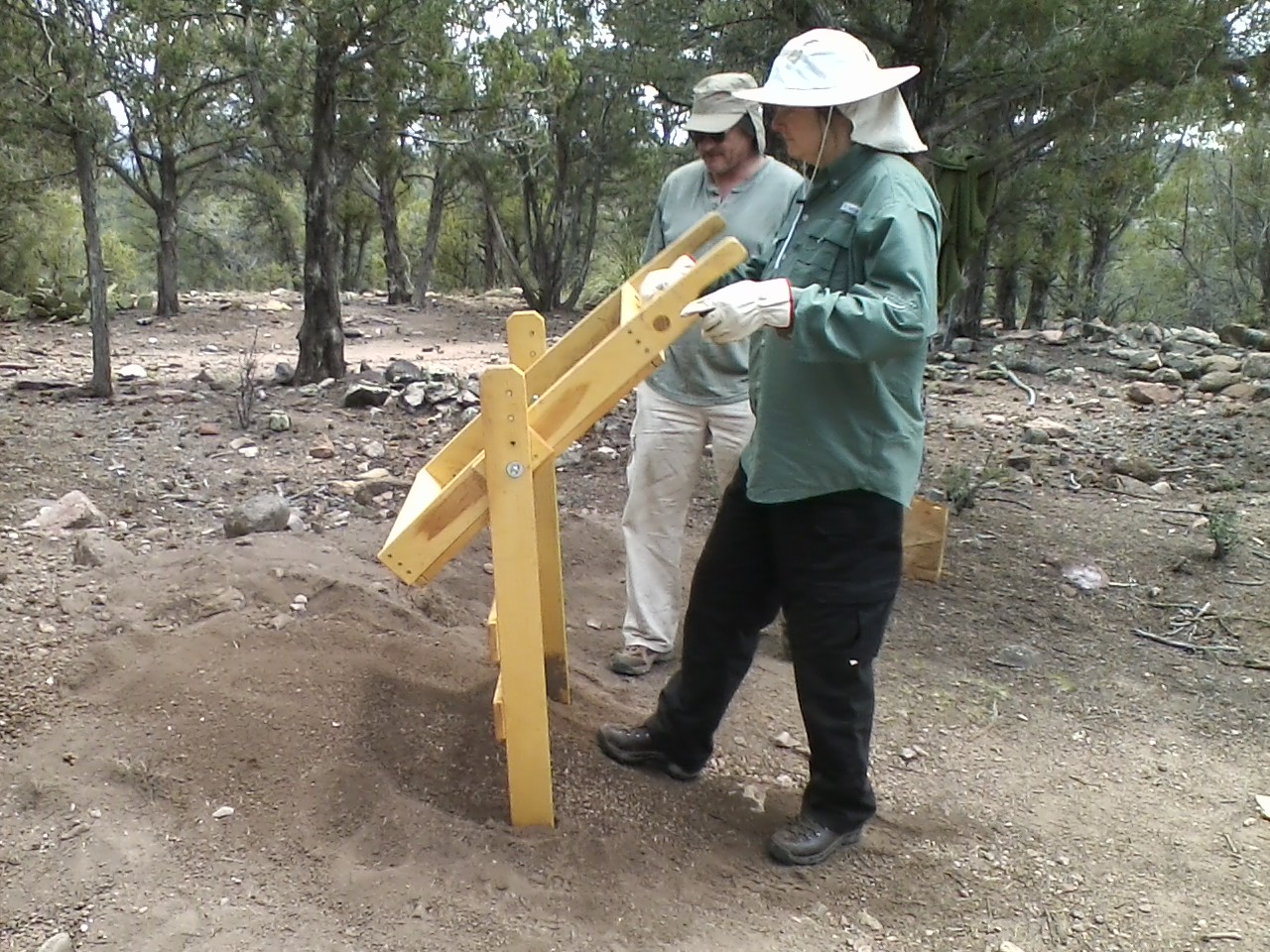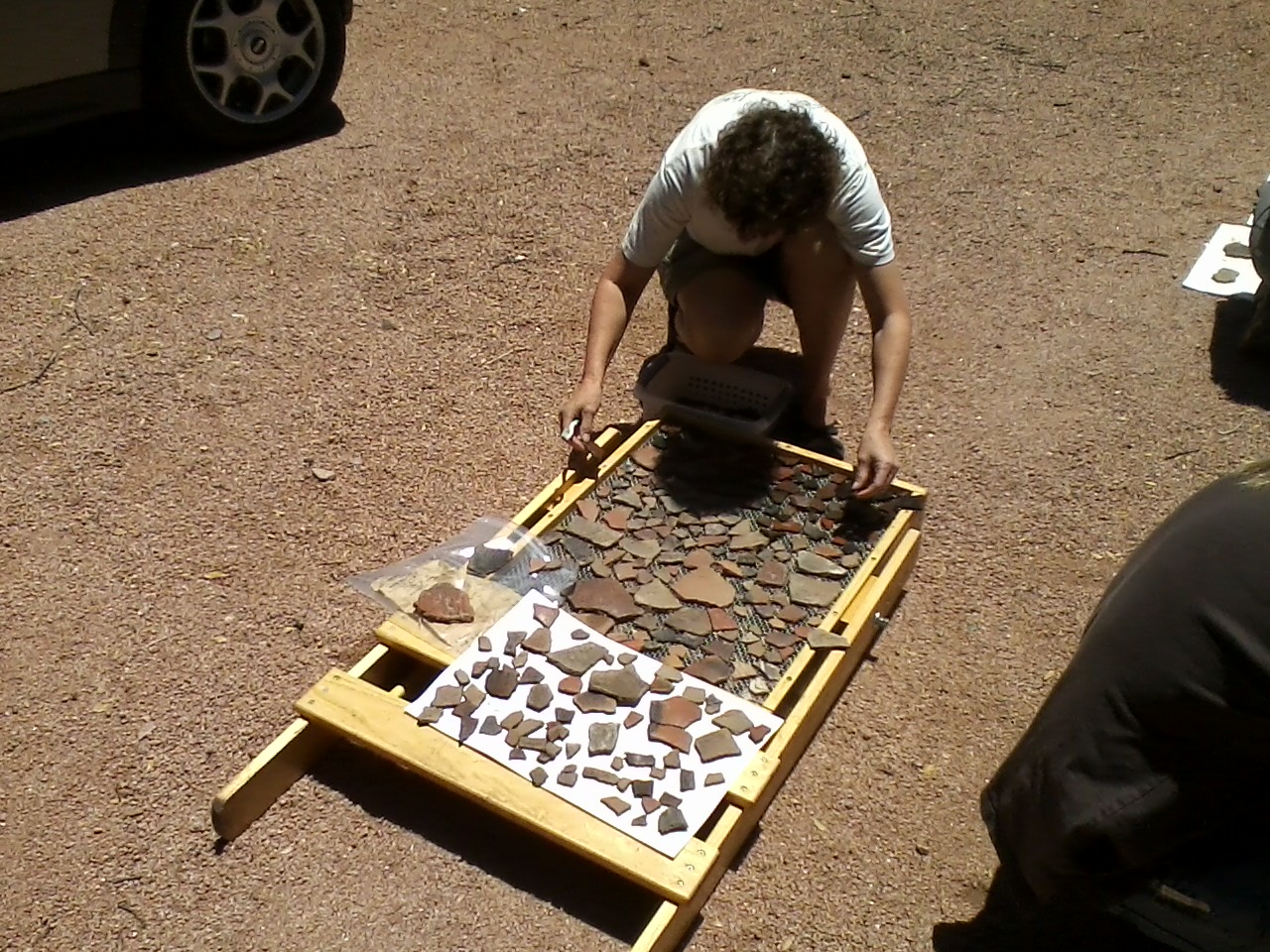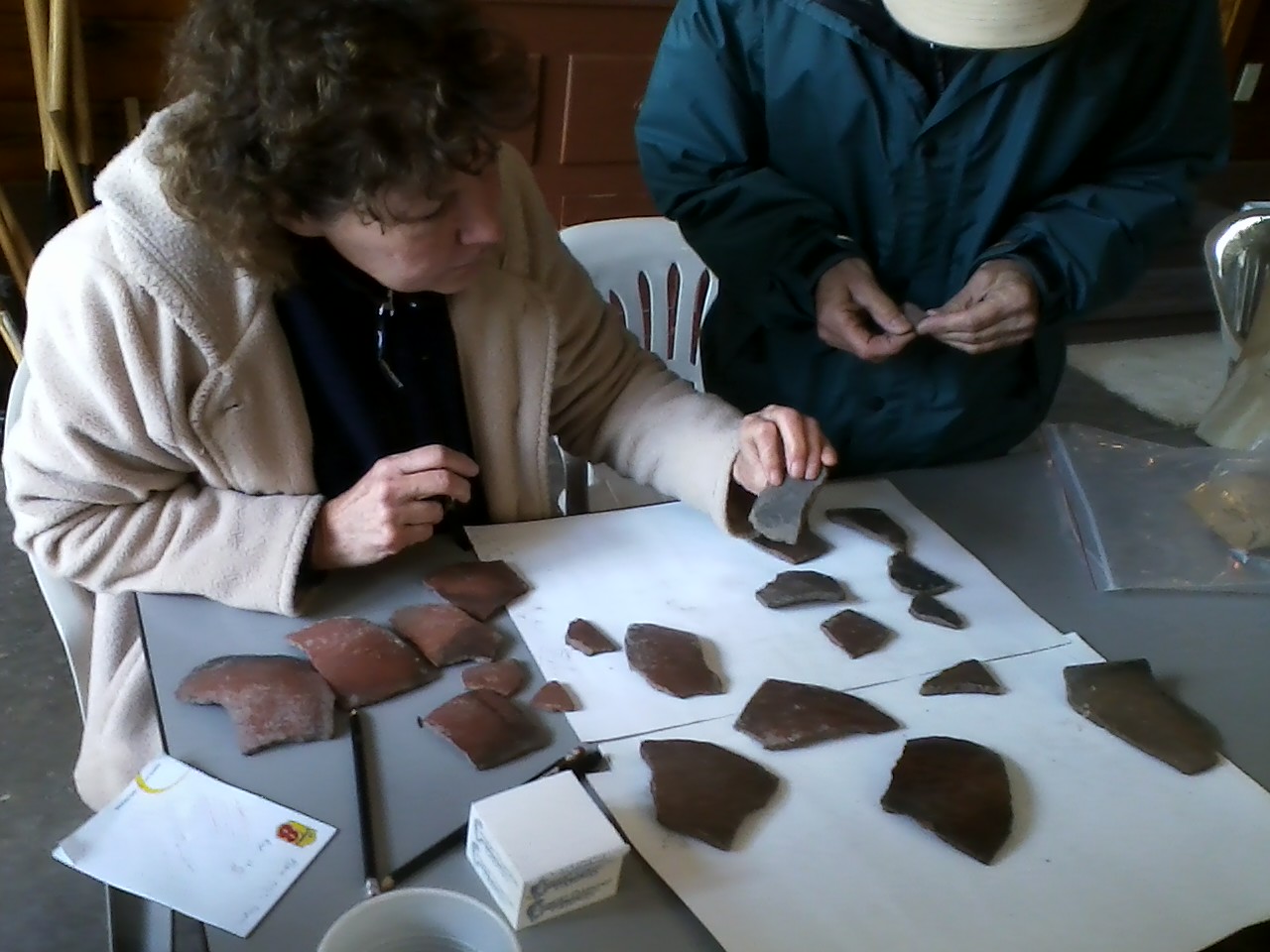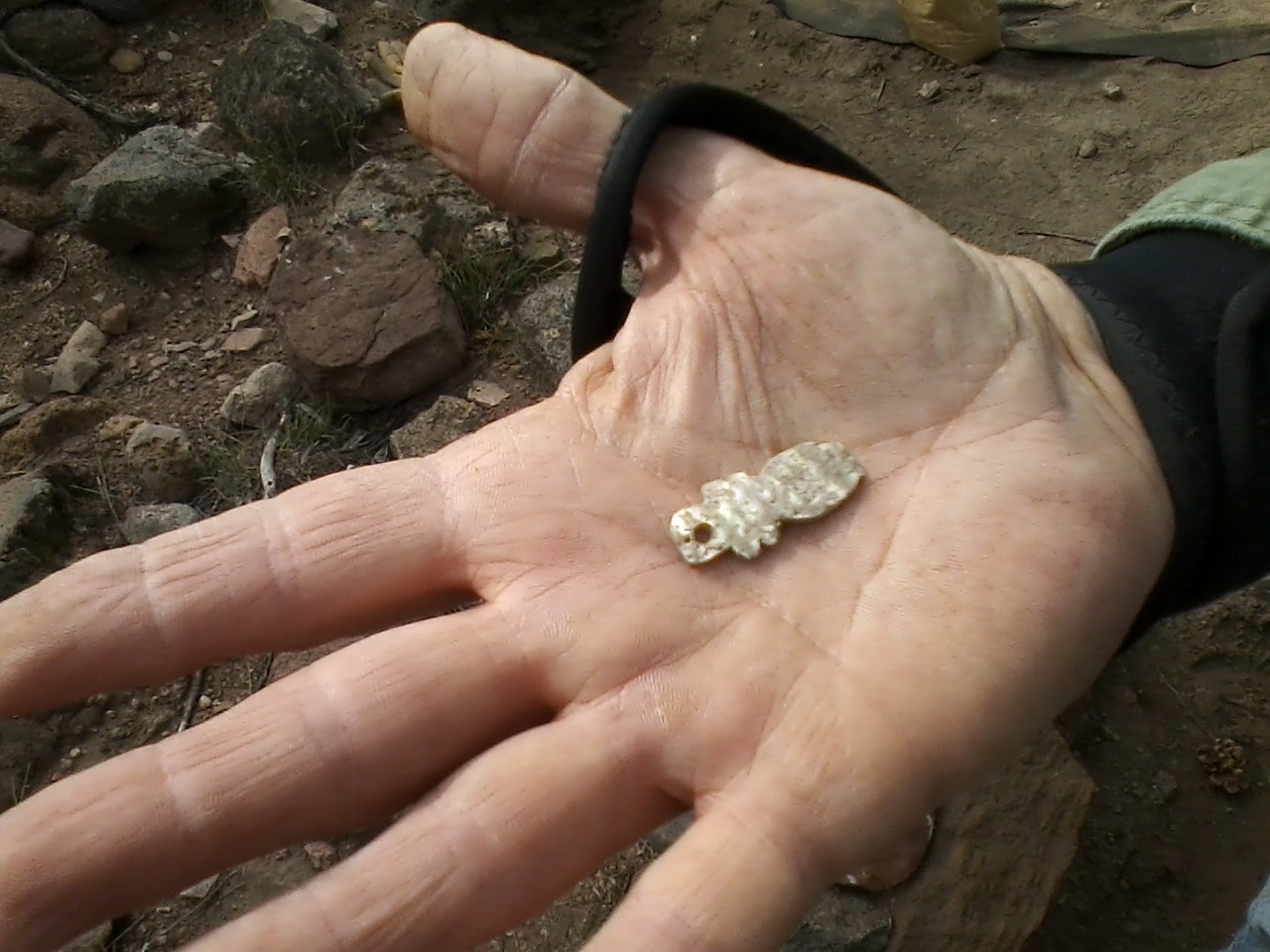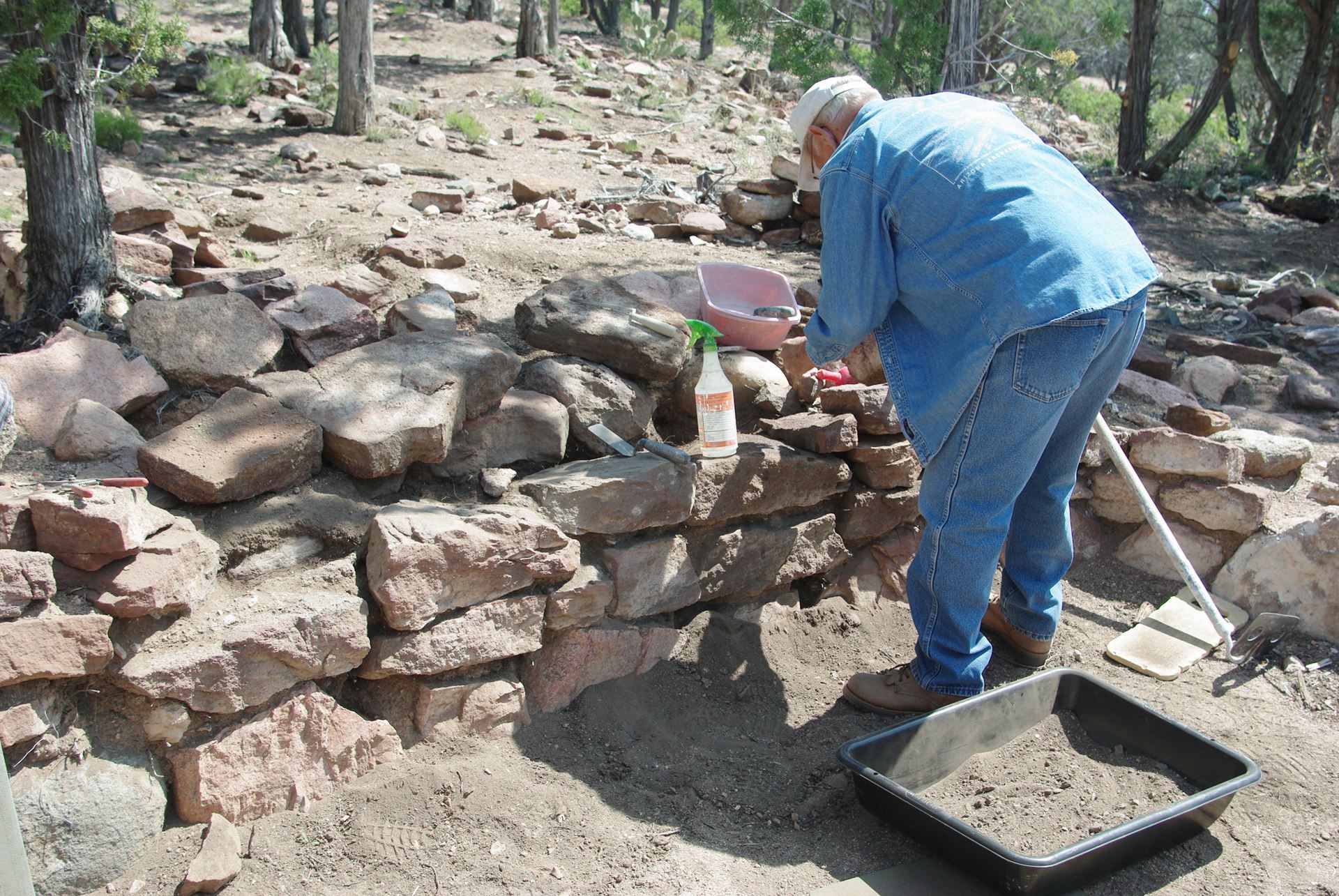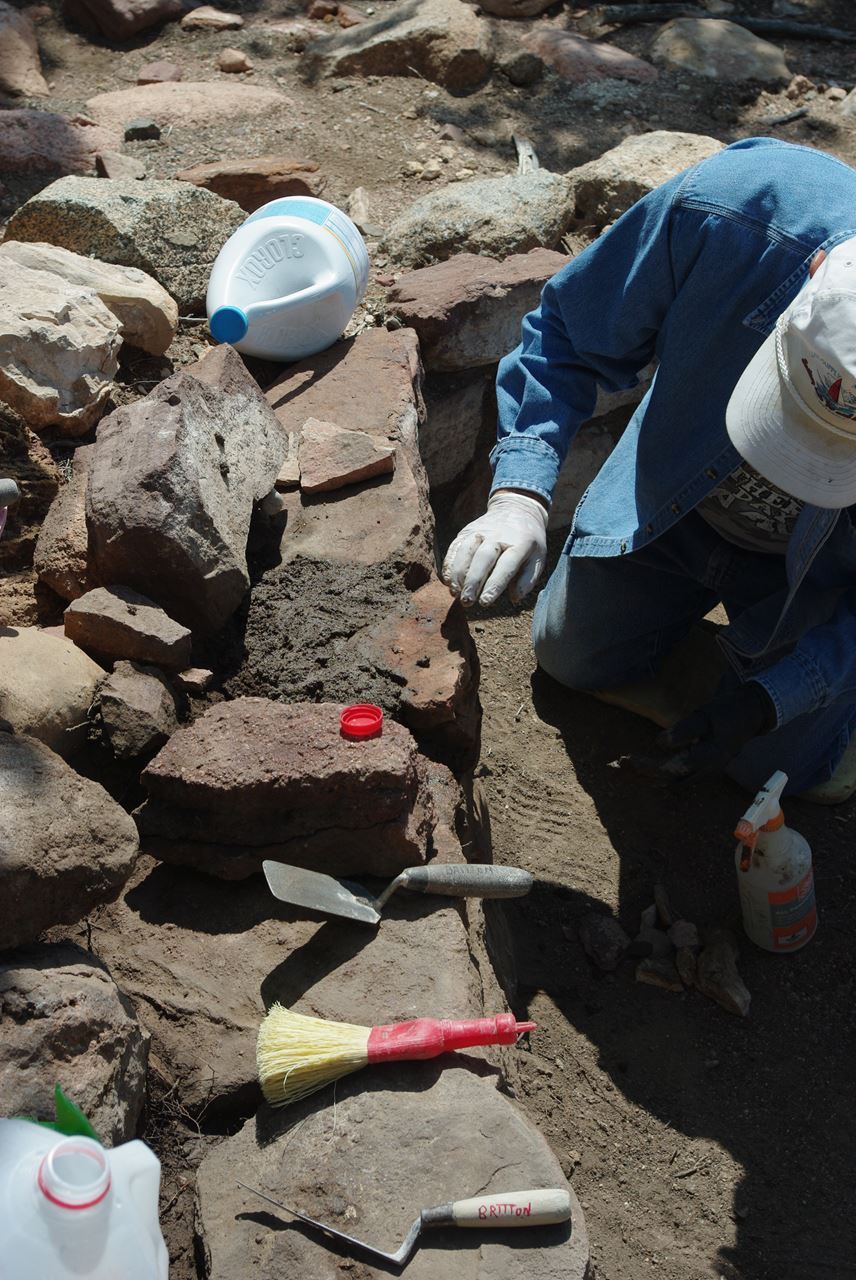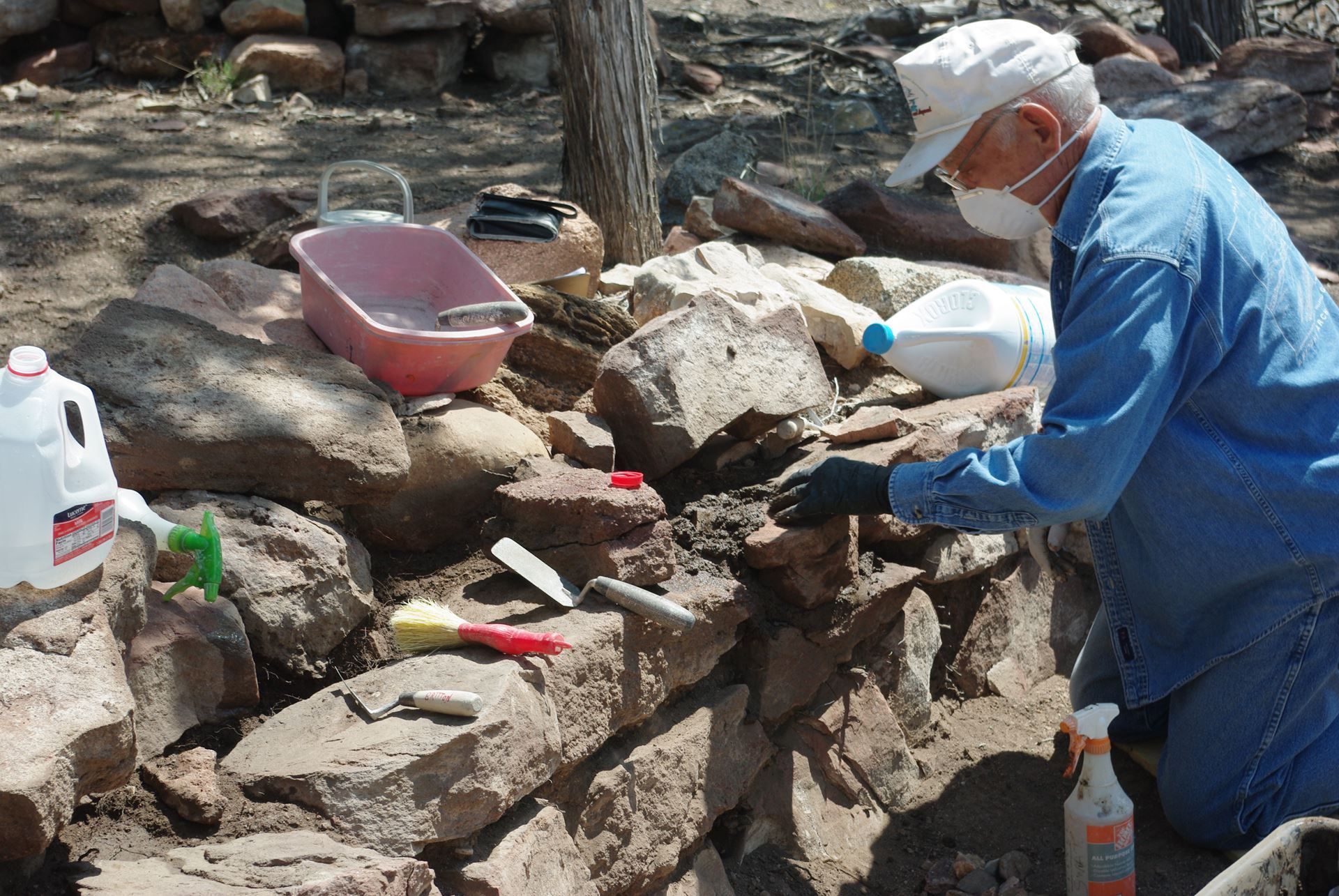
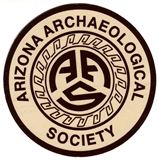
GOAT CAMP EXCAVATIONS 2026 Hey Goat Campers and Bear Flatters! Happy New Year! Weather permitting, the GCR dates should be pretty solid. The Bear Flat dates, having to be sandwiched in next to GCR dates and other things , may be a bit more flexible, but I'll try to keep them as best I can. That said, here we go: Goat Camp Ruin (GCR): March 14 April 11, 25 May 9, 23 June 6 field 13-14 lab (may need more, we'll see) We're a bit short in March because of the Central Arizona Symposium the weekend of the 27-29 (y'all come and listen to me tell folks what a great crew you all are). Bear Flat: April 12, 26 May 24 That's all for now - enjoy the rest of the holidays now that the madness has subsided a bit and I'll see y'all soon! Cheers, Scott Online from April 23, 2022 drone view of Goat Camp Online from April 10, 2022 “Goat Camp Virtual Field Trip” with archaeologist J. Scott Wood sponsored by Arizona Archaeological and Historical Society (AAHS), Tucson Online from June 17, 2021 “The Goat Camp Ruin Project Volunteer Archaeology in Central Arizona” with J. Scott Wood for Old Pueblo Archaeology Center AAS Goat Camp Tour Sept. 17, 2022 Goat Camp Ruin is located in Payson and was occupied from about 750 to 1280 AD. The site was originally a Hohokam colony that continued to be occupied through the Classic Period. The Classic Period occupation is called "Payson Tradition" or "Northern Salado". After several changes in ownership and extensive pot-hunting, the city of Payson took over ownership of the site. The Rim Country Chapter, with Scott Wood’s assistance, proposed creating an archaeological interpretive site as well as a hiking trail for this 6-acre parcel of land, similar to that of nearby Shoofly Ruin. Scott has led groups of volunteers each spring and fall for the past few years excavating and interpreting areas within the overall complex. The goal is not rebuilding or total excavation, but knowledge and Ceramic Checklist First Season Report Master Development Plan Third Season Report Excavation and Stabilization Plan Fourth Season Report Goat Camp 2018 Fall Plan Fifth Season Report Goat Camp 2019 Spring Plan Sixth Season Report Goat Camp 2020 Spring Plan Seventh Season Report Goat Camp 2020 Fall Plan Rev Eighth Season progress impeded by pandemic Goat Camp 2021 Spring Plan Ninth Season Report Virus Protocol Rev Tenth Season Report
EXCAVATION
SCREENING CLEANING ARTIFACTS
SORTING AND IDENTIFYING ARTIFACTS JIM BRITTON STABILIZING A WALL |
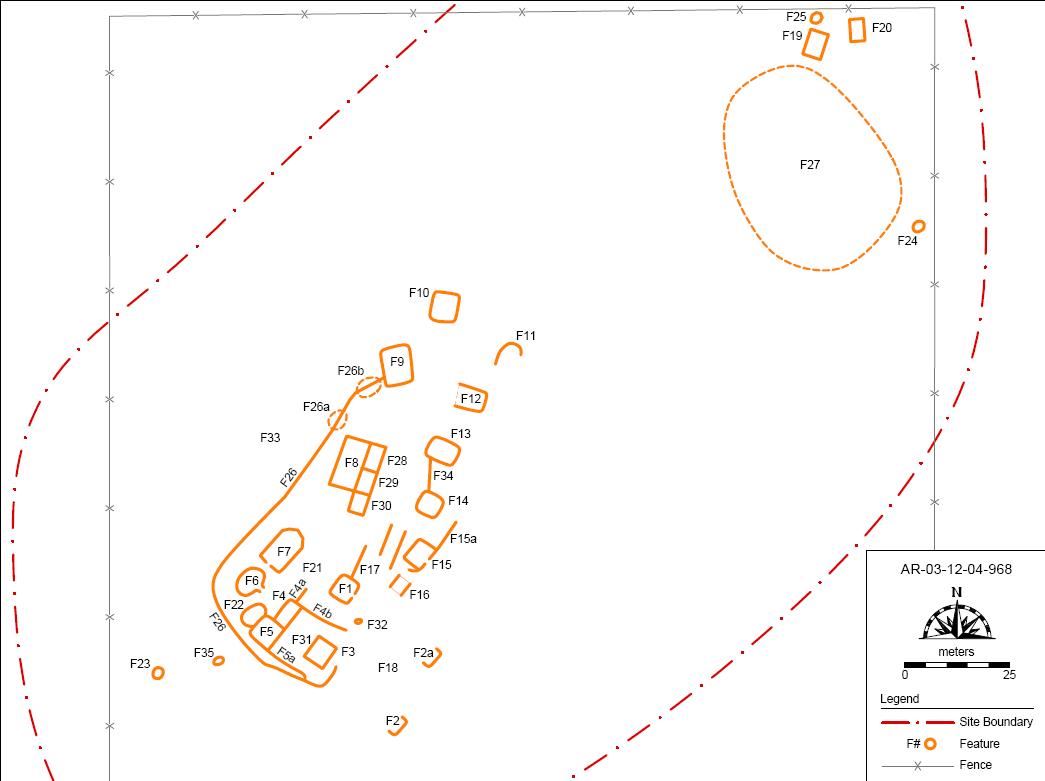 public education through an interpretive package. Shoofly excavation reports are at the bottom of the
public education through an interpretive package. Shoofly excavation reports are at the bottom of the 